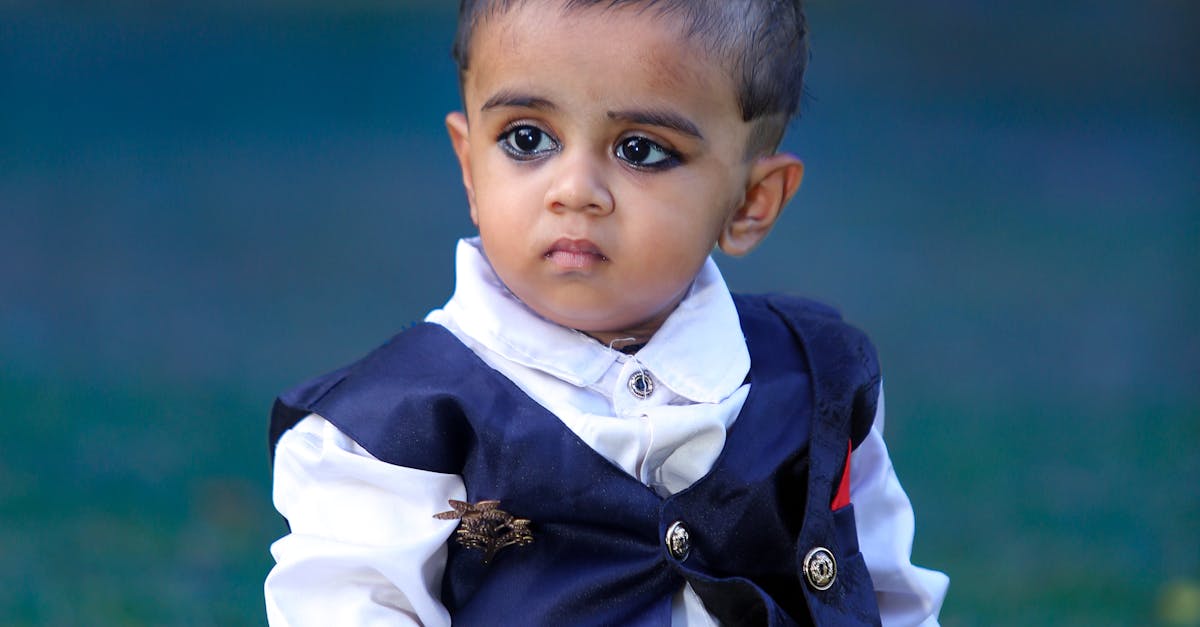
Table Of Contents
a growth mindset that motivates them to keep striving. This approach cultivates a healthier relationship with challenges, enabling them to bounce back more easily from setbacks. As they develop persistent attitudes, children build a stronger foundation for lifelong self-confidence.
Effective Ways to Provide Meaningful Feedback
Providing feedback is vital in fostering a child's self-esteem. It is important to ensure that feedback is specific and related to the task at hand rather than general comments. Highlighting the child's strengths helps build their confidence. When pointing out areas for improvement, it should be framed in a constructive way that encourages growth rather than discouragement. This approach promotes resilience and a positive mindset.
Another effective strategy involves balancing positive and corrective feedback. Acknowledge accomplishments, no matter how small, to reinforce their efforts. Additionally, involving children in discussions about their work can empower them. Encouraging them to reflect on their progress fosters a sense of ownership and highlights their ability to improve. This collaborative dialogue not only strengthens their understanding but also enhances their self-worth.
FAQS
What are some realistic goals I can set for my child to help build their confidence?
Setting realistic goals involves assessing your child's current abilities and interests. Start with small, achievable tasks that can lead to a sense of accomplishment. For example, if your child enjoys drawing, encourage them to complete a simple artwork every week. Gradually increase the complexity of the tasks as their confidence grows.
How can social interactions influence my child's self-esteem?
Social interactions play a crucial role in developing self-esteem. Positive relationships with peers and adults can provide support and validation, while negative experiences can hinder self-worth. Encouraging your child to engage in group activities and make friends can foster a sense of belonging and confidence.Copyright © Child Psychologist Northern Beaches. All rights reserved.
What types of praise are most effective in building self-esteem in children?
Effective praise should be specific and focused on effort rather than ability. For example, instead of saying "You're so smart," you could say "I really admire how hard you worked on that project." This helps children understand the value of effort and perseverance, which can boost their self-esteem.
How can I encourage my child to set achievable milestones?
To encourage achievable milestones, involve your child in the goal-setting process. Discuss their interests and what they would like to accomplish. Break larger goals into smaller, manageable steps, and celebrate their successes along the way, reinforcing their progress and building confidence.
What should I do if my child struggles with self-esteem despite my efforts?
If your child continues to struggle with self-esteem, consider seeking professional support. A child psychologist or counsellor can provide strategies tailored to your child's specific needs. Additionally, maintaining open communication with your child and providing a safe space for them to express their feelings can also be beneficial.
Related Links
Cultivating Time Management Skills in KidsNurturing Problem-Solving Skills in Kids
Empowering Children to Learn Basic Life Skills
Supporting Self-Help Skills in Children with Disabilities
Promoting Self-Care and Hygiene Habits in Children